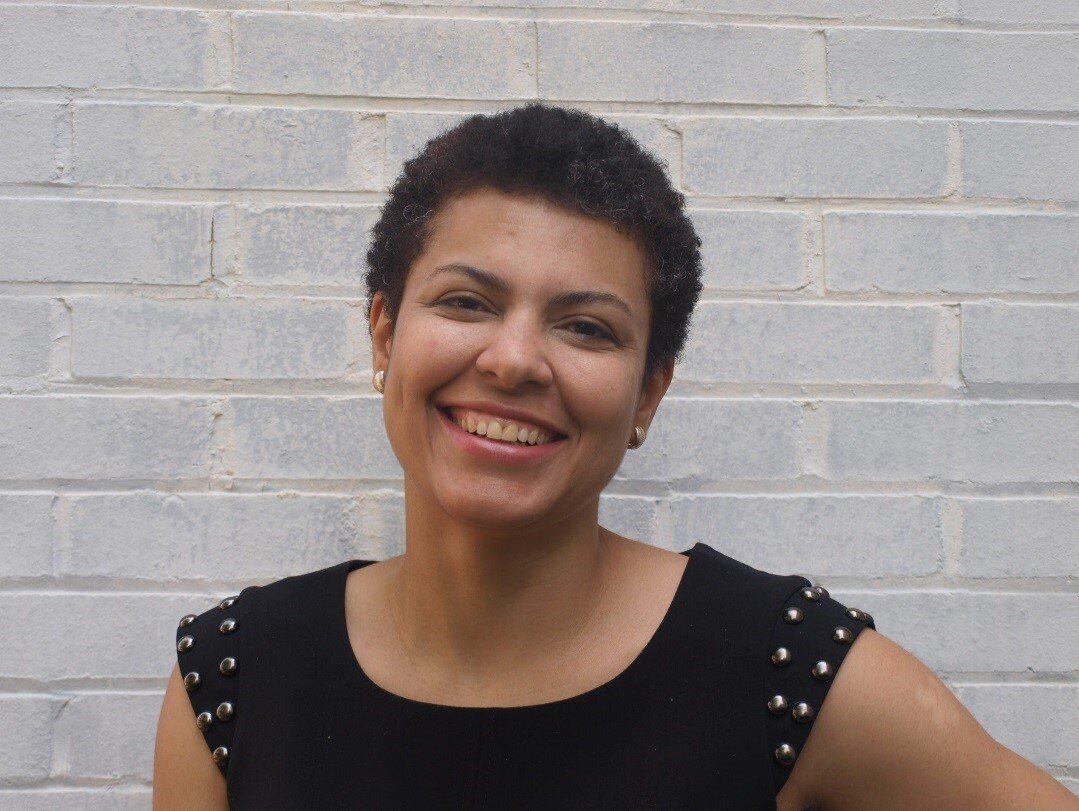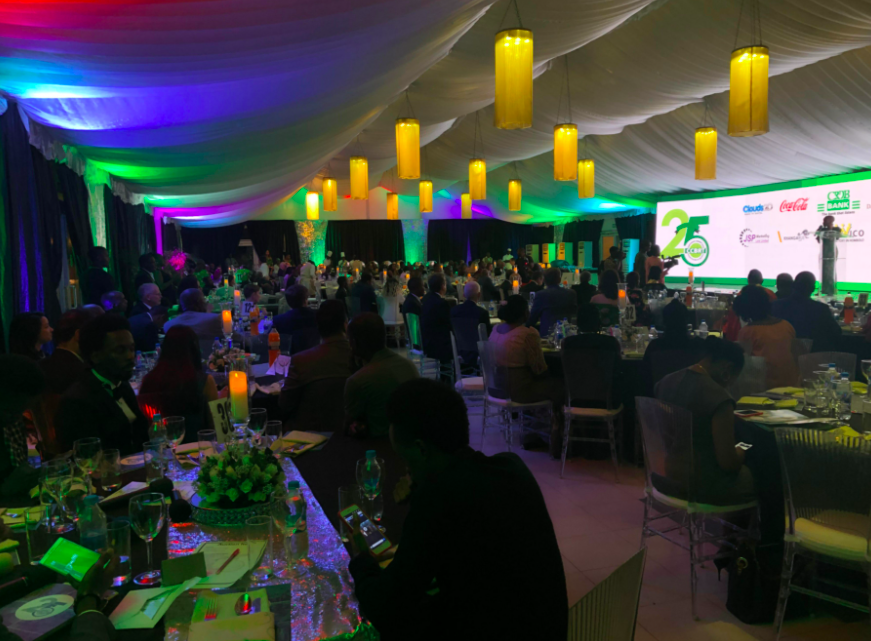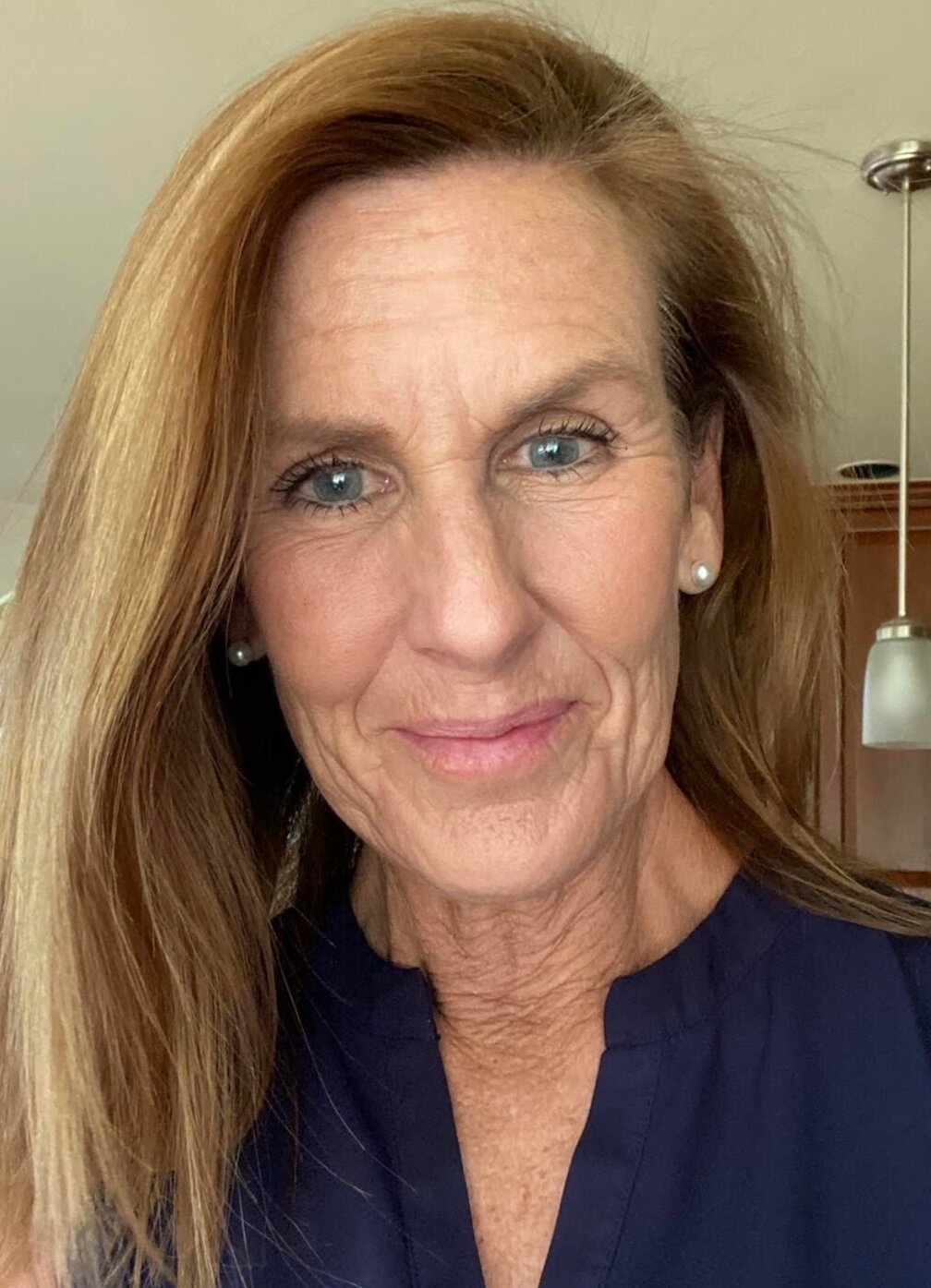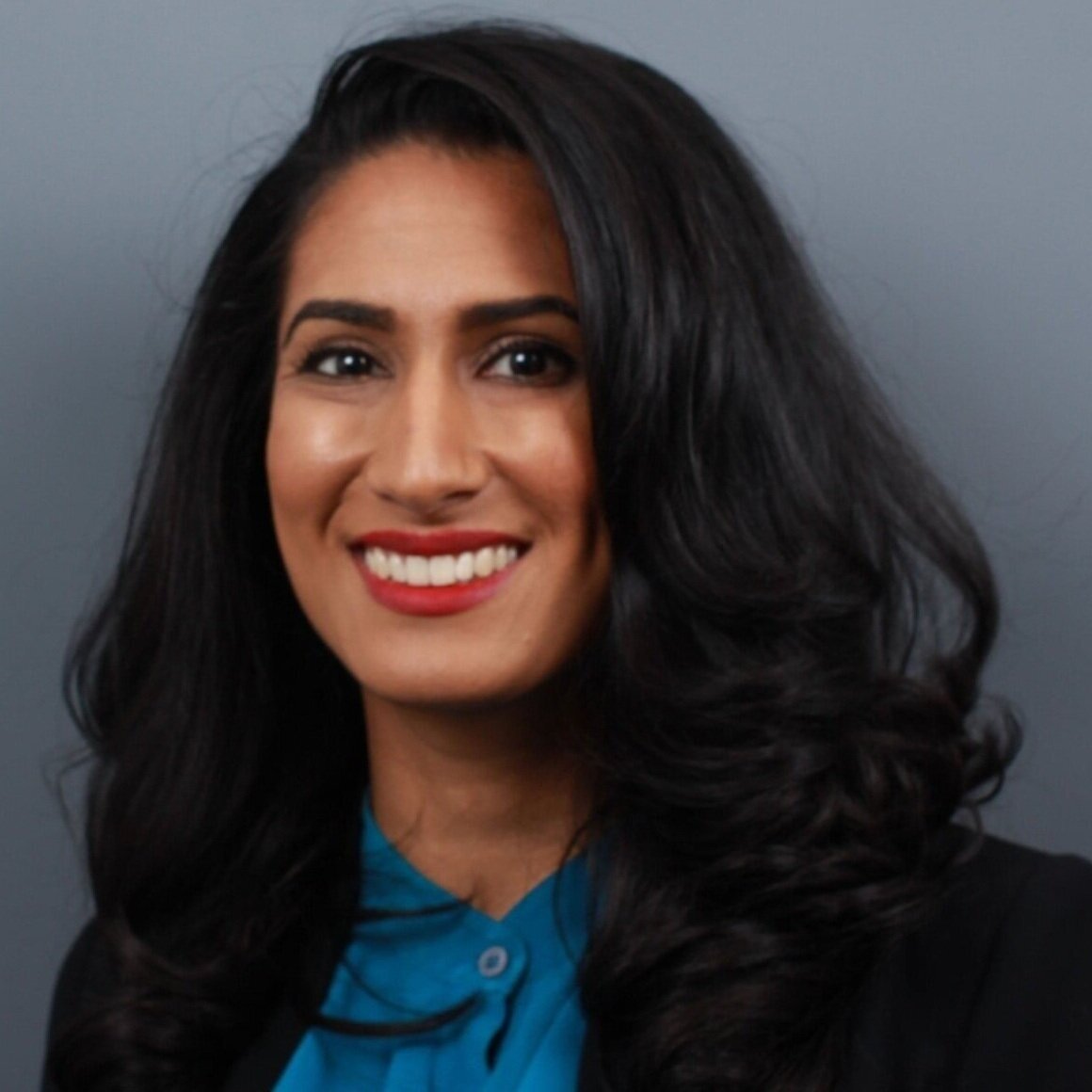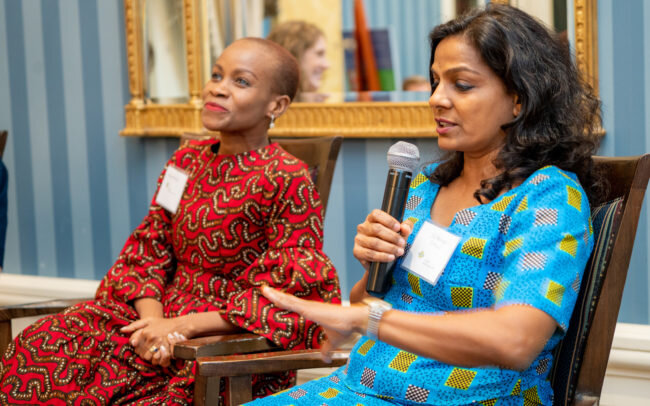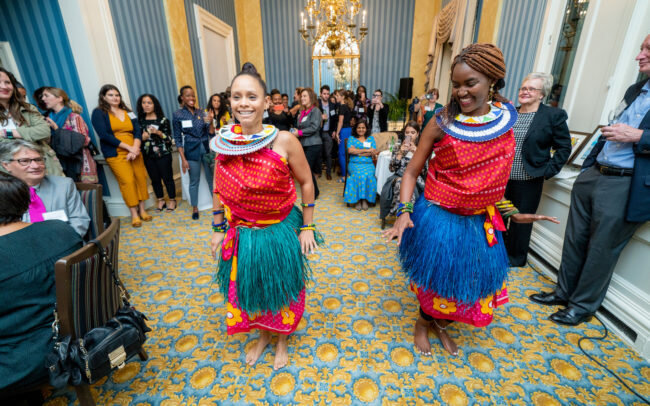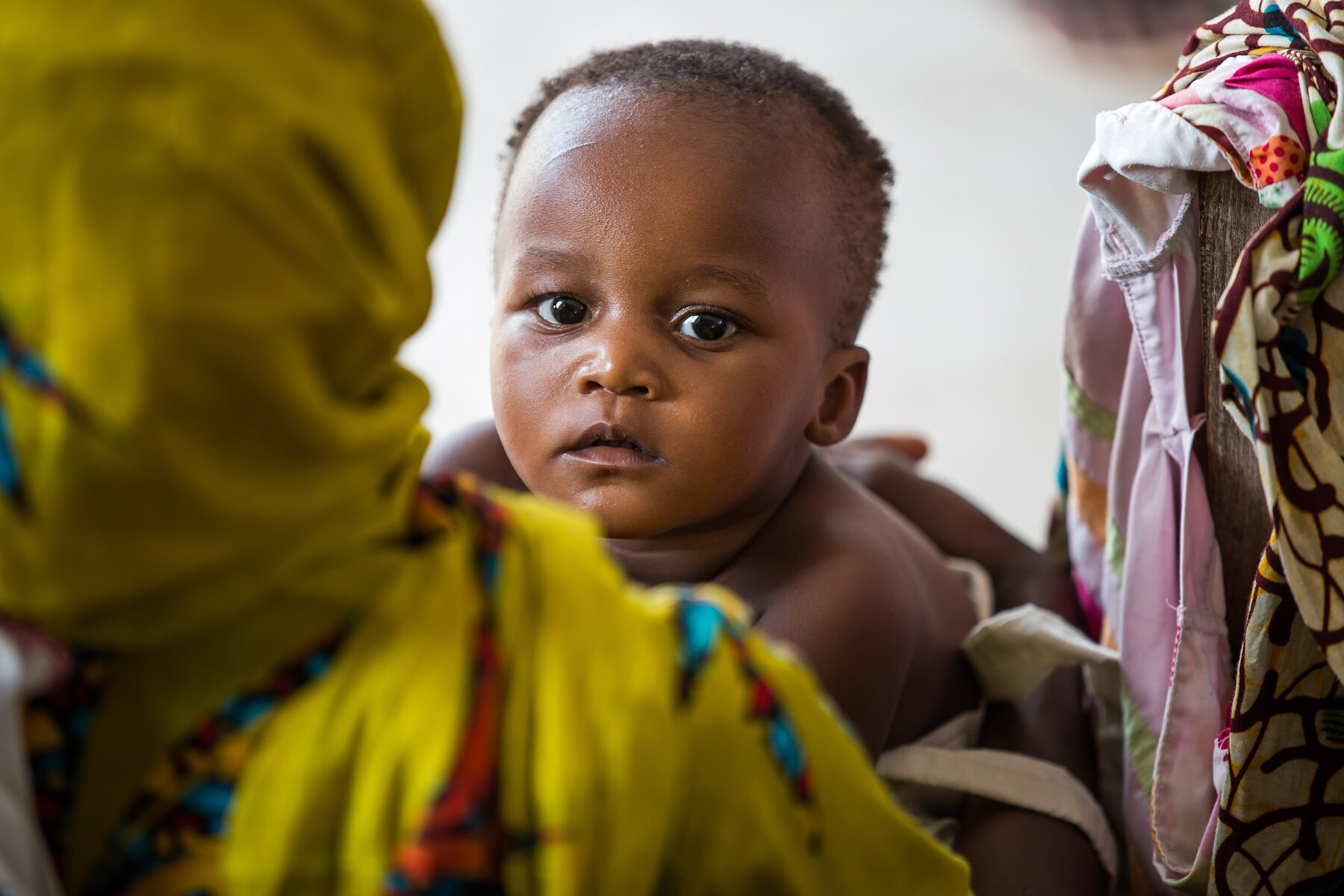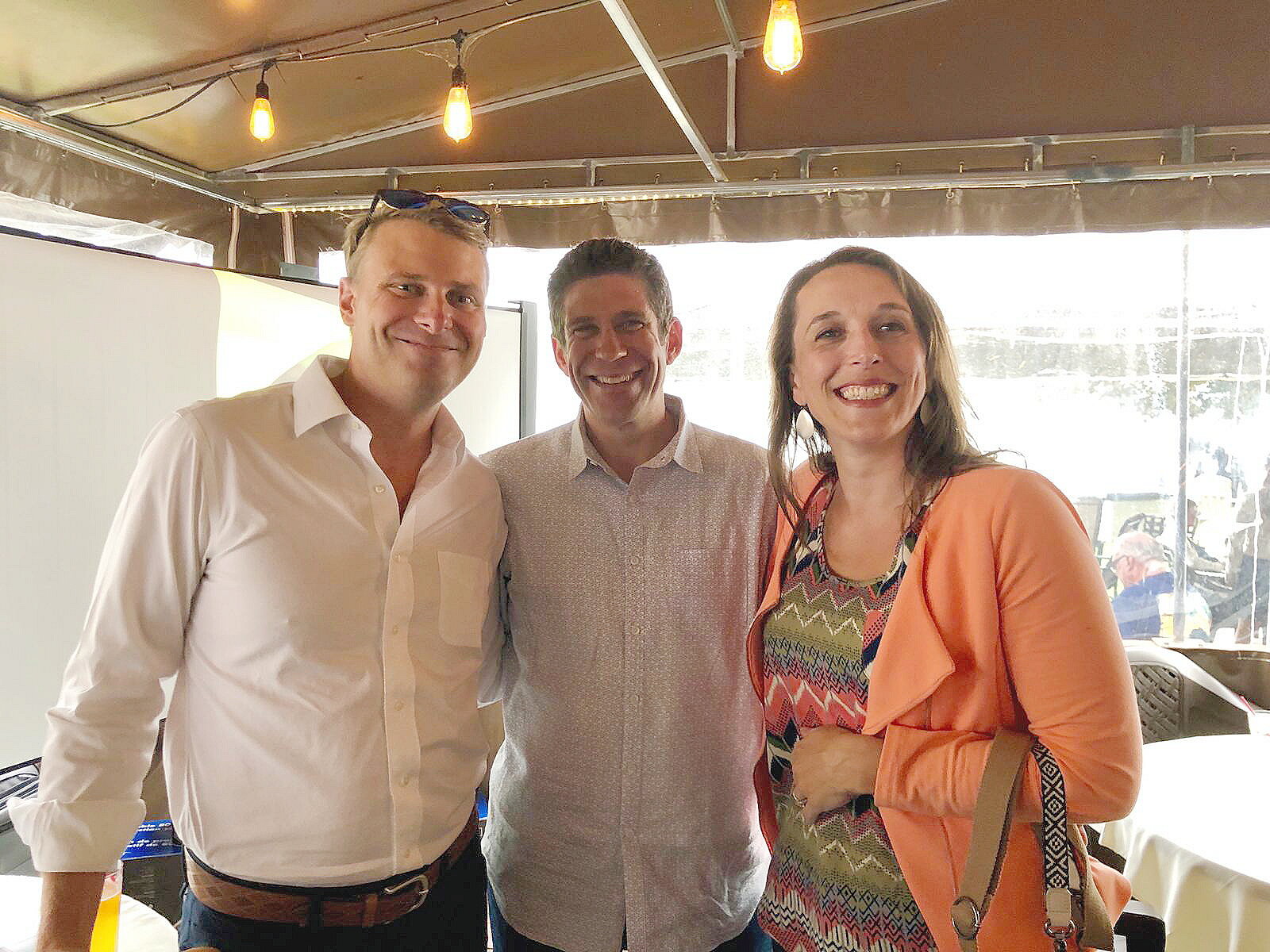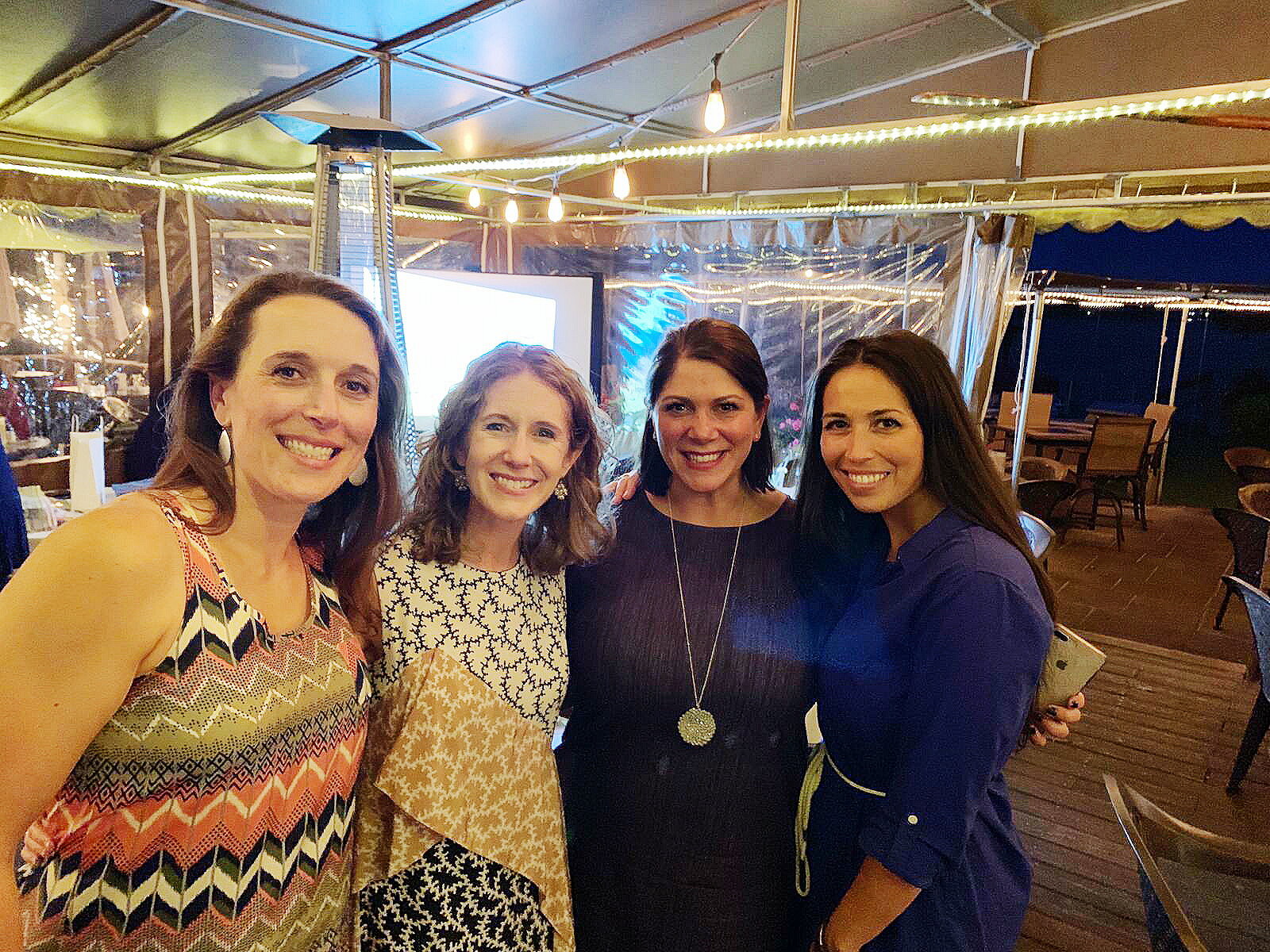






Hope and Health in Tanzania
Annual Report 2019
Hope and Health in Tanzania
Annual Report 2019
About Kupona Foundation
Kupona means ‘to heal’ in Kiswahili. Kupona Foundation is a US-based nonprofit dedicated to delivering high quality healthcare to those who need it most. We focus on Tanzania, a country rich in potential but severely impacted by extreme poverty, with one of the highest population growth rates in the world.
Photo credit: Sala Lewis
Our partner, CCBRT (Comprehensive Community Based Rehabilitation in Tanzania), is a leading healthcare provider specializing in disability, rehabilitation, and maternal and newborn healthcare. A linchpin in the Tanzanian healthcare system, CCBRT has provided more than a quarter-century of service to the Tanzanian community and partnership with the Government of Tanzania.

2019 at a Glance
A Year of Service
2019 at a Glance
A Year of Service
Conducted over 115,000 clinical consultations at CCBRT’s hospital in Dar es Salaam
Averted over 30,000 Disability-Adjusted Life Years for patients served by CCBRT and its partner facilities
Provided more than 8,000 life changing surgeries, including 6,100 sight restoring surgeries for people with visual impairments
Supported 81,000 plus deliveries for expectant mothers and their newborns at CCBRT’s partner sites
Trained over 1,040 clinical and managerial professionals to deliver high quality healthcare services at The CCBRT Academy
Treated over 10,000 patients free of charge
Provided more than 470 women and girls obstetric fistula treatment through CCBRT’s holistic program
Letter from the Leadership
Dear Friends,
As Kupona Foundation marks another year in service as a sister organization to Comprehensive Community Based Rehabilitation in Tanzania (CCBRT), we pause to share some of what you have done with us and made possible by your support and thoughtful input. We appreciate you - Asanteni Sana. Over the past decade, the work you have made possible has seen highly effective and quality healthcare reach almost a million Tanzanians.
2020 will be remembered as a historical year for the world, specifically for public health and healthcare within a pandemic of outsize proportions surrounding the coronavirus. In the meantime, CCBRT continues to provide essential services where it is acutely needed, to the most vulnerable, mitigating some of the pandemic’s potential impacts. Some of our major successes in 2019 include:
Almost 120,000 client consultations
Over 8,000 life changing surgeries
Officially launched The CCBRT Academy
Trained over 1,000 clinical and healthcare management professionals
Over 30,000 disability adjusted life years averted, and serving over 65,300 persons living with disabilities
Kupona mobilized almost $1 million in financial resources in 2019 toward this success at CCBRT while commemorating Kupona’s 10th Anniversary in early 2020. All of this would have been impossible without Kupona and CCBRT’s loyal and supportive community: you.
2020 rang in many organizational changes, with a new CEO at CCBRT, Brenda Msangi, at the helm, who has hit the ground running, managing a staff of over 400 and client consultations that average 500 a day and ringing in CCBRT’s 25th anniversary in 2019.
In addition, Kupona Foundation transitioned leadership from Abbey Kocan to me in April 2020. It would be remiss of me at this point not to express explicit appreciation for all Abbey has done for both Kupona and CCBRT. She started with an engagement in Tanzania supporting CCBRT and transitioned to the US, growing Kupona Foundation’s support for CCBRT into an annual $1M+ portfolio in support of their work by 2019 building a network, and growing the organizational base significantly. We know many of you joined us through Abbey, and are asking you to continue investing in her legacy and engaging with us as much as you possibly can through to continue supporting CCBRT to provide quality healthcare, to mothers, newborns, and Tanzanians with disabilities.
For the rest of 2020, we will double down to maintain CCBRT’s impact while keeping our staff safe and providing the best possible quality of service to clients. CCBRT conducts over 35 fistula surgeries a month, enabling reintegration of women into their communities - see Asha’s story below. CCBRT also provides respectful maternity care, supporting over 81,000 deliveries a year, anticipated to grow with the opening of the new CCBRT Maternal and Newborn Wing in early 2021 ringing in a decade of successful maternal health capacity building through CCBRT’s dedicated program. CCBRT also continues to provide life changing rehabilitation and therapies to numerous children and their families. We will continue to update you regularly on CCBRT’s impact and welcome your thoughts and engagement.
I hope to continue walking this path with you to strengthen and sustain CCBRT’s very impactful and needed work. And invite you to engage and give. We stand stronger together - with a diverse and engaged community, all is possible, even within a pandemic. Thank you, for all that you do.
Susana Oguntoye
Executive Director, Kupona Foundation
Anniversaries: CCBRT’s 25th & Kupona’s 10th
On Thursday, October 10th, Kupona Foundation celebrated our 10th anniversary, and 100,000 lives changed through access to high quality healthcare. The cocktail reception raised over $37,000 for life changing treatments at CCBRT, and celebrated the 100,000 lives that have been impacted by the support of Kupona’s partners and donors.
The event was held at The Penn Club in New York City, and we were joined by CCBRT’s Chief Executive Officer, Brenda Msangi, and Dr. Brenda D’mello, OBGYN and Technical Advisor & Project Manager for CCBRT’s Maternal Health Capacity Building Program. Guests were treated to a Tanzanian dance performance by Curious on Tanzania, and also had the opportunity to cast their vote and direct a $9,000 grant from the Johnson & Johnson Foundation to one of CCBRT’s high-impact programs. Our guests voted to direct the funds to CCBRT’s maternal health & obstetric fistula programs. Thanks to Johnson & Johnson, our generous event sponsors, and our Kupona community for their support. You can check out more photos from the event here.
CCBRT also marked a milestone year in 2019, celebrating 25 years of providing quality, specialized health services to the people of Tanzania with a celebration in Dar es Salaam. Thanks to the support of CCBRT’s committed partners, donors, and the Government of Tanzania, hundreds of thousands of lives have been dramatically impacted through access to high quality ophthalmology services, orthopedic and physical rehabilitation, plastic and reconstructive surgery, and maternal, newborn and child health services. Asanteni sana! Thank you!
Finances
Summary of Expenses
Program Spending Allocation
Governance
Board of Directors 2019
Advisory Board 2019 ↓
- Alexandra Esparza, Chair
- Kristy Bohling
- Alexandra Cairns
- Alison Carlman
- Adam Chadroff
- Jameel Farruk
- Jerryanne Heath Chiume
- Zack Langway
- Chloe Manchester
- Rohan Mehta
- Dr. Jaymie Ang Henry
- Elena Rubinov
- Nick Smoot
- Michael Stockman
- Dr. Sierra Washington
- Tyler Woebkenberg
Celebrating Our Community
In 2019, our dedicated supporters committed almost $1,000,000 in financial and in-kind resources to strengthen and support ongoing programs through CCBRT as they provide high quality healthcare to the people who need it most.
We are so grateful to you. Your support in 2019 looked like dollars, hours, participation in events, fundraising receptions, and collaborative meetings. You helped us provide life changing, restorative surgeries for people living with disabilities. Through your purchase of handmade products from The Mabinti Centre, you empowered women recovering from obstetric fistula as they learned new skills and bravely reclaimed what fistula had stolen from them. Through your passion for our work, you shared the stories of people you will likely never meet on your social media platforms, amplifying their voices and bringing awareness to conditions and issues that impact so many.
On behalf of the healthcare workers and staff working every day to change lives at CCBRT, and our own team here in the U.S., we are collectively moved and inspired by your generosity and support. The things we accomplished in 2019 were accomplished together, as a community, and we are so grateful for you.
Our special thanks goes to:
Organizational Supporters ↓
- Beebe Financial Services
- Bristol-Myers Squibb Foundation
- Contractors Sales Company, Inc.
- D.A. Collins Construction Co., Inc.
- Dorothea Haus Ross Foundation
- Drilling for Hope Fund of The Community Foundation for the Greater Capital Region
- ESMI, LLC
- Fidelity Charitable
- Fingerpaint Marketing
- Fistula Foundation
- Galusha & Sons, LLC
- Global Citizens Club at Emmaus High School
- Goldman Sachs Gives
- Goldman, Sachs & Co Matching Gift Program
- Gorman Bros., Inc.
- Johnson & Johnson Foundation
- Leicester Grammar School
- Mayer Brown, LLP
- Network for Good
- Princeton in Africa
- Salesforce Foundation
- Select Sotheby's International Realty
- Soroptimist of Saratoga County
- Susan Can Johnson & Johnson Corporate Equity & Partnerships
- T L Longe Charitable Foundation Inc.
- The American Online Giving Foundation
- The International Foundation
- WCC LLC
Individual Supporters ↓
- Anthony Fuller
- Art and Lisa Perry
- Betsy and Michael Zink
- Bouk Thomas Berns
- Brett Cable
- Carolyn Chandler
- Chelsea DiNallo
- Claude Goetz
- Colin MacFarlane
- Conrad Person
- Danelle Dommer
- Danielle Cerami and Michael Metallo
- David Rosenbloom
- Debrah and W. Steven Seaboyer
- Denise and Robert Schwed
- Dr. Frank Minja
- Ed Yelochan
- Eden Way-Williams
- Edmund Daley
- Elena Rubinov
- Elisabeth Youngerman and Jon Gottlieb
- Emily and Merile Latterell
- Emily Nammacher
- Evie Landry and Bob Dawson
- Falconer Robbins
- Fred Pflaum and Linda Demers
- George Thompson
- Heidi Perez
- Jacqueline Jones and Tyler Woebkenberg
- James Carlson
- James H. Mann
- Jerryanne Heath Chiume
- Jill Manchester
- Joanne Moore
- John Giouroukakis
- Katherine Manchester
- Keith Holm
- Kristine Bohling
- Laurie and Thomas Longe
- Lauryn Hill
- Lee and Linda Schiller
- Linda and Mark Kocan
- Linda and Scott Oliver
- Liz and Timothy Ostrander
- Lynne Clark
- Marile Hanson
- Marjorie Pflaum
- Mark Brennan
- Mary Grace and Robert Manz
- Michael Callahan
- Mira Mehes
- Navyug Patel
- Patricia H. Potts
- Paul Glist
- Pengyi Yao
- Peter Fitzgerald
- Pieter Bonnemaijer
- Rakesh Rajani
- Raymond L. Fischer
- Rev. Avery Manchester
- Robert Rominger
- Sally Durdan
- Stephen Simcock
- Steve Griffen
- The Petersons
- Tonya Post
- Valerie Greer
- Victor Kovner

Empowering People with Disabilities
Improving access to high quality, specialist surgery & rehabilitation
Empowering People with Disabilities
Improving access to high quality, specialist surgery & rehabilitation
The Challenge
Currently, an estimated 4.2 million people in Tanzania live with a disability. That is equivalent to half the estimated population of New York City. An additional 20 million people are affected by disability within their family.
It is also estimated that Tanzania’s soaring population growth rates will contribute to the increasing number of people living with, and developing, disabilities. Many of these disabilities are congenital, and therefore preventable, with access to high quality healthcare. However, lack of access can subscribe a person to a lifetime of poverty, vulnerability, and exclusion from their community just for lacking this access.
Disability by Numbers:
13.2% of Tanzanian households have at least one member living with a disability.
Almost half of all Tanzanians living with a disability are illiterate.
More than half of children with disabilities do not attend school.
Only an estimated 3.1% of Tanzanian adults living with a disability receive earnings from paid employment.
The exclusion of people with disabilities from the workplace, either through discrimination or inaccessible work environments, costs Tanzania $480 million every year - 3.8% of annual Gross Domestic Product (GDP)
In addition to a strained healthcare system and growing population in urban centers, there is a severe shortage of trained medical teams to provide high quality surgical interventions and rehabilitative care. Even if an individual knew their condition was treatable, they may not have access to that treatment.
The Solution
The Kupona community is no stranger to these challenges. With your vital support, Kupona invested in the holistic treatment and rehabilitation of people living with disabilities. You empowered and equipped frontline healthcare workers to provide high quality and specialist care, and strengthened the existing healthcare system in the Dar es Salaam region, with an estimated population of over 6 million.
CCBRT provides high quality disability and rehabilitation services for patients regardless of their ability to pay. In 2019, your critical support provided free, comprehensive treatment to over 10,000 people who otherwise would not have had access to life changing rehabilitation. As the largest provider of rehabilitation services in Tanzania, CCBRT is also committed to sharing their knowledge with the local and international healthcare community through The CCBRT Academy and CCBRT’s Capacity Building Program(s).
In 2019
The CCBRT Academy
On September 9, 2019, The CCBRT Academy at CCBRT’s hospital was officially inaugurated following its successful soft opening in 2018. In 2019, the Academy offered 143 different trainings covering a range of specializations, taught by 20 existing trainers who collectively instructed over 1,000 participants. This was the first step towards CCBRT’s goal of addressing the shortage of trained, frontline healthcare workers and hospital administrative personnel throughout Tanzania and East Africa.
In addition, CCBRT signed a tripartite Memorandum of Understanding with the University of Dodoma and Glasgow Caledonia University for the delivery of nursing education at The CCBRT Academy. CCBRT also drafted the first CCBRT Academy Training Catalog, and developed the CCBRT Academy Business Plan 2020-2025, aiming for a sustainable social enterprise. In 2019, The CCBRT Academy rented its facilities to partners and third party organizations, generating over $15,000 ploughed back into continued training and the provision of high quality care.
We would like to thank our partners, Johnson & Johnson, and the UCLA Anderson School of Management, for their support of The CCBRT Academy. Thanks to your generosity, our colleagues at CCBRT were able to share their knowledge with over 1,000 healthcare providers, strengthening the existing healthcare system, in their own dedicated training facility.
Private Clinic
In March 2019, the Tanzanian Minister of Health, Community Development, Gender, Elderly and Children (MoHCDEC)officially opened the completed Private Clinic building. By December 2019, the CCBRT Private Clinic reported they were seeing an average of 4,500 patients per month, and over 46,000 patients had been seen since the beginning of the year.
Just as impressive is the increase in revenue the Private Clinic has produced, blowing past original projections, and reaching 77% of the required annual capacity to breakeven. This revenue is generated by offering the same high quality services as the CCBRT Disability Hospital, but also offering services such as ear, nose and throat (ENT) and gynecological services, plus extra conveniences in the clinic, which appeals to Dar es Salaam’s growing middle class. The revenue from The Private Clinic helps to subsidize the cost of care provided to patients who cannot afford to pay for their services.
Photo credit: Sala Lewis
Photo credit: Sala Lewis
By the Numbers
In 2019, CCBRT provided high quality rehabilitation and disability services to over 65,300 patients, including over 10,000 who received treatment free of charge. In addition, the generous support of our partners and the Government of Tanzania meant that we could provide:
Over 8,100 life changing surgeries
26,855 Orthopedics and Physical Rehab consultations
Comprehensive treatment for 478 women and girls living with obstetric fistula, and 90% of former fistula patients report remaining dry six months after surgery.
414 staff members participated in 883 training sessions, including Continuous Professional Development (CPD)
9,930 imaging consultations
77,444 consultations for sight restoring eye interventions, and 6,101 corrective surgeries
15,000 optical prescriptions and 9,600 spectacles distributed
6 surgical fellows trained at CCBRT, specializing in fistula repair and accredited by the International Federation of Obstetrics and Gynecology (FIGO).
Photo credit: CCBRT
Meet Asha ↓
Twenty-five years ago, Asha went to a local, Tanzania hospital to deliver her sixth child. After her delivery failed to progress over an extended period of time, she was rushed to the operating room. Tragically, the surgical intervention failed to save the life of her baby. Asha had suffered two miscarriages before this pregnancy, so this loss was devastating. In addition to the loss of her baby, she also developed an obstetric fistula during her prolonged labor. Her doctors kept her at the hospital for three months. Asha was constantly leaking urine. Her doctors did not know why, so they finally discharged her without a diagnosis. She returned to her community without her baby, without answers, and with no hope of treatment.
That was in 1994. In the twenty-five years that followed, her grief was compounded by the untreatable symptoms that often surround fistula: stigma, discrimination, exclusion, and abandonment. Her husband abandoned her, and she was left to raise her six children alone with no support from her community. For many women living with obstetric fistula, the isolation and shame that accompanies the physical injuries is often more painful than the condition. CCBRT uses many different methods to reach women and girls living with fistula in areas of the country where knowledge of fistula isn’t available. Through one of CCBRT’s radio announcements, Asha’s daughter heard about the holistic, comprehensive fistula treatment that was available for women just like her mom. She called CCBRT, and was connected to one of the 300 fistula ambassadors in her region. Together, they arranged for Asha’s travel to the CCBRT Disability Hospital where she received her treatment completely free of charge.
Twenty-five years later, Ahsa is finally dry. “I had lost hope, and couldn’t leave my house because of the shame I felt. Now, I am no longer leaking urine, and I thank God every day for the free treatment I received at CCBRT.”

Prevention is Better than Cure
Making Motherhood Safer in Tanzania
Prevention is Better than Cure
Making Motherhood Safer in Tanzania
The Challenge
In the United States, becoming a mother is often a celebratory, joyful time of expectation and excitement. For thousands of women in Tanzania every year, becoming a mother can be a death sentence. Tanzania is one of the most dangerous countries in the world for a mother. It is one of the top ten countries collectively contributing to 61% of global maternal deaths and 66% of global neonatal deaths.
Compounding this tragic loss of life is the fact that approximately 80% of these deaths can be prevented through access to emergency obstetric care, skilled healthcare workers, and antenatal care. In addition to the staggering maternal mortality rates in Tanzania, there is an equally staggering number of women developing disabilities or birth injuries. In fact, for every woman that dies in childbirth, an estimated 20 more develop an injury, infection or debilitating impairment like obstetric fistula. Thousands of children are born with congenital birth defects such as clubfoot and cleft lip/palate because maternal healthcare teams do not have the capacity to identify and refer newborns for treatment. By 2025, Tanzania’s largest city, Dar es Salaam is projected to reach a population of 10 million people. The city’s healthcare system was only built to serve 750,000. This critical gap in skilled healthcare, equipment, training, and supplies means that the existing medical teams serving on the frontlines of healthcare are stretched far beyond capacity. This results in lives lost, and disabilities overlooked, despite the best efforts of the doctors and nurses striving to save lives at birth.
Photo Credit: Sala Lewis
The Solution
In 2019, Kupona Foundation’s community of supporters invested in solutions to meet this healthcare crisis.
Your donations directly supported the training of frontline maternal healthcare teams, as well as equipment, supplies, and improved referral systems throughout Dar es Salaam's public healthcare facilities. In addition, you supported the construction of the CCBRT Maternal and Newborn wing which will soon become the largest referral hospital in the country for high-risk deliveries.
Photo credit: Sala Lewis
In 2019
CCBRT first begins by addressing the over-extended, under-resourced, existing healthcare teams that are straining to serve a growing population. Through the CCBRT Maternal and Newborn Health Capacity Building program (MHCB), we work in 22 partner healthcare facilities training frontline healthcare workers in life saving interventions and best practices. In these facilities, medical teams are empowered to provide emergency obstetric care, antenatal care, anesthesia, surgical interventions, and also to identify disabilities at birth for referral and immediate treatment.
The truth is, some of these mothers and newborns will need additional, specialized support. The second prong of CCBRT’s approach to improving maternal and newborn healthcare is the new Maternal and Newborn Wing. When complete, this expansion of CCBRT’s hospital capacity will make it one of Tanzania’s largest referral centers, serving the largest number of at-risk deliveries, and as one of the region’s few dedicated blood banks. Construction is scheduled to be completed in late 2020, progressing from 42% completion in 2019. At full capacity, the hospital will house 200 beds and support 12,000 high risk deliveries annually, which frees up lower level healthcare centers and takes additional pressure off of maternal healthcare teams throughout the region.
In Tanzania, there is a significant unmet need for high quality family planning services, especially if women and girls seek spacing between pregnancies. Even if they know that they want to delay or prevent pregnancy, and they recognize that family planning can help do that, they require support to decide which options are best suited for them. Through the Tim’s Corner Family Planning Clinic at The CCBRT Disability Hospital, patients, staff, and members of the local community can receive the information and tools they need from a highly trained nurse. In 2019, Tim’s Corner served 1,145 clients with Family Planning information and materials. Tim’s Corner also provides discreet one-on-one counseling sessions with women recovering from fistula surgery at CCBRT. In the months following their fistula repair surgery/-ies, it is critically important that the women and girls do not conceive, as they are still healing. Through Tim’s Corner, they are given the tools and information necessary to take their reproductive health into their own hands.
By the Numbers
Over 81,000 deliveries supported in 22 partner health facilities, including 2,515 vacuum-assisted deliveries, and 14,284 Cesarean Sections
Support provided to 170,000+ mothers and newborns, comprising 70% of all births in the most densely populated region of the country
In 2019, a 13.5% decrease in maternal deaths, and a 14.8% decrease in neonatal deaths against 2018, thanks to the dedicated efforts of the CCBRT Maternal and Newborn Health Capacity Building team.
Photo credit; Sala Lewis
Staff Spotlight: Meet Nurse Theresa ↓
Photo credit: CCBRT
The most effective way to reverse maternal and newborn mortality is to equip and empower the maternal healthcare teams serving on the frontlines. When a healthcare worker is empowered, trained, and equipped with skills and resources, they can confidently respond to emergencies, and identify problems before they turn into tragedies. Currently, CCBRT’s Maternal Health Capacity Building team is training, mentoring, and equipping healthcare workers at 22 facilities throughout the Dar es Salaam region with the knowledge to save lives at birth. Not only do they provide life saving knowledge, but also antenatal, breastfeeding, and kangaroo mother care training for new mothers who may not know what to expect once they bring their child home from the hospital. Nurse Theresa serves at one of those facilities. She has worked at Mwananyamala Referral Hospital since 2011 as the head of the Neonatal Clinic, and for twenty years, she has worked as a nurse with training in pediatrics.
In 2018, she underwent a 5-day breastfeeding training organized and led by CCBRT’s Maternal Health Capacity Building team. Five nurses from Mwananyamala Referral Hospital were trained on the importance of breastfeeding, potential problems a new mom could face when nursing, how to help babies breastfeed, etc. The training was conducted in both English and Swahili and participants received a book on the topic written in Swahili.
After her training, Theresa returned to Mwananyamala, and became a trainer of trainers. She shared what she had learned with other nurses in the ward who could not attend the initial classes. The knowledge she received was passed on, empowering more healthcare workers to assist more mothers in the earliest days of their baby’s life. Prior to the training, Mwananyamala struggled with communicating the importance of breastfeed to new mothers. If this wasn’t communicated and absorbed by the new mother, her child may struggle to receive the nutrition he or she needs in their early days. Now, Theresa and the entire neonatal ward continuously train mothers on breastfeeding. They discuss breastfeeding with mothers every day, sometimes multiple times a day barring any issues with staffing.
She says “The training was very beneficial and we learned a lot in only 5 days. In fact, I wish the training had been longer so that we could go further in depth on the subject matter. Thank you for the useful equipment and for the training. I hope for more training on additional topics such as supporting babies with low birth weight, kangaroo care, and CPAP machines.” And the CCBRT team is there to stay. They regularly check in with the staff at Mwananaymala to answer any questions or concerns, and to ensure the information is being passed on to new team members.

Amplifying the Story
Mobilizing support & building partnerships
Amplifying the Story
Mobilizing support & building partnerships
It is our privilege and honor to share the stories of frontline healthcare workers who are laboring relentlessly to save lives and restore mobility in Tanzania.
Sharing the stories of women and girls who have lived through traumatic birth experiences resulting in obstetric fistula moves and motivates us to ensure that fistula is one day eradicated from Tanzania the same way it was eradicated from the U.S. We share the stories of children who can now walk, play, and go to school thanks to your support of their life changing surgeries. And we honor the men and women who step in every day to fill gaps in a strained healthcare system by training others to save lives. Amplifying the stories of individuals means communities mobilize to impact real, sustainable change. In 2019, we told stories at events to large audiences, through digital engagements, and in close, personal conversations with people. Our goal is simple; to shine a spotlight on the causes we champion, and to show individuals and institutions how they can empower people and communities living in poverty to realize their full potential.
Celebrating 4 Years of ‘A Night for Health & Hope’
On Tuesday, September 10th, Kupona Foundation hosted our fourth Upstate New York event at The Docksider Restaurant in Lake George, NY.
Thanks to the generous support of our Saratoga Springs community, we raised over $28,000 to provide life changing healthcare services to children living with disabilities, women and newborns, and life-saving training to empower frontline healthcare workers.Guests enjoyed picturesque views of Glen Lake with a delicious buffet and cocktails served by our friends at The Docksider. Handmade items from The Mabinti Centre were available for purchase, and guests bid in a silent auction on a stunning hand thrown vase from a local artist, with all proceeds going to support the women and children we serve in Tanzania.We are so grateful for this community of supporters and friends. A very special thank you goes to Tom & Laurie Longe and to Steve & Debby Seaboyer for their generosity and for helping mobilize such an incredible community of people in Upstate New York. You can read more about the event on our blog.
Mabinti Reaches New Audiences
For many women recovering from obstetric fistula, the question of what to do after they are discharged from care is one that crosses many minds. The Mabinti Centre offers long-term rehabilitation and entrepreneurial skills training to women recovering from obstetric fistula treatment at CCBRT. Many members of our Kupona community have purchased the beautiful handmade goods produced by the women at The Mabinti Centre at one of our fundraising events, or at an event hosted by one of our partners.
However, the items made by the Mabinti women are now available for purchase at the prominent Slipway Shopping Centre in Dar es Salaam. In April 2019, the Mabinti store opened to serve a dual purpose: a means of generating additional income for the Centre, and also a way of spreading the word about obstetric fistula to a whole new audience.
Photo credit: Sala Lewis

Looking Ahead
Seizing more opportunities in 2020
Looking Ahead
Seizing more opportunities in 2020
With investments in scale and sustainability and the opening of the new Maternity and Newborn wing, the number of people directly served at CCBRT will increase and thousands more will benefit from our efforts to strengthen the wider Tanzanian healthcare system. At optimal health, individuals and their families thrive, breaking the cycle of poverty.
Join us in transforming healthcare to unleash the potential of thousands of people in Tanzania.










